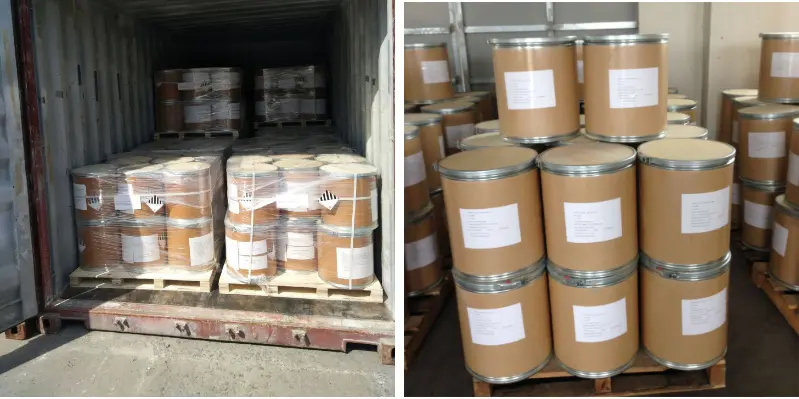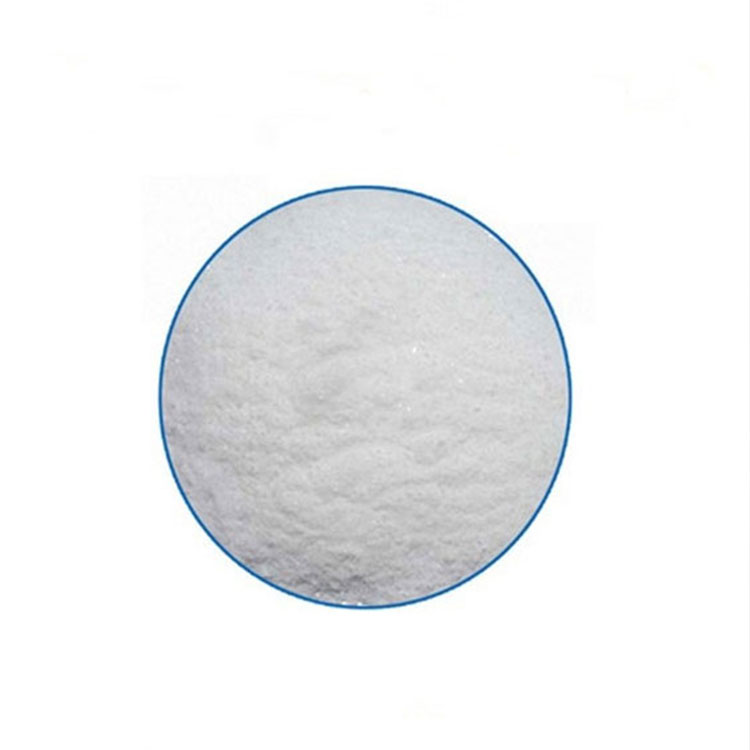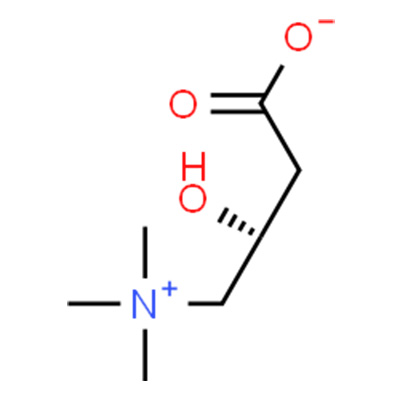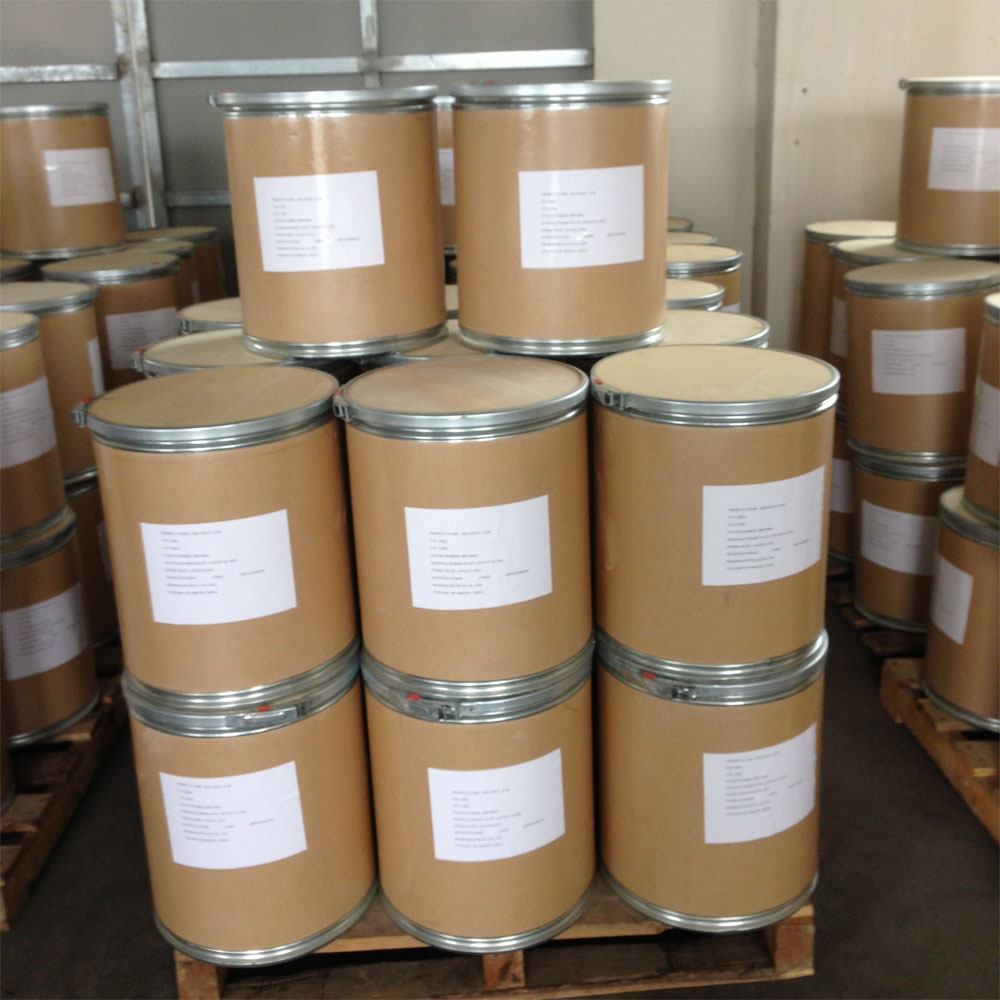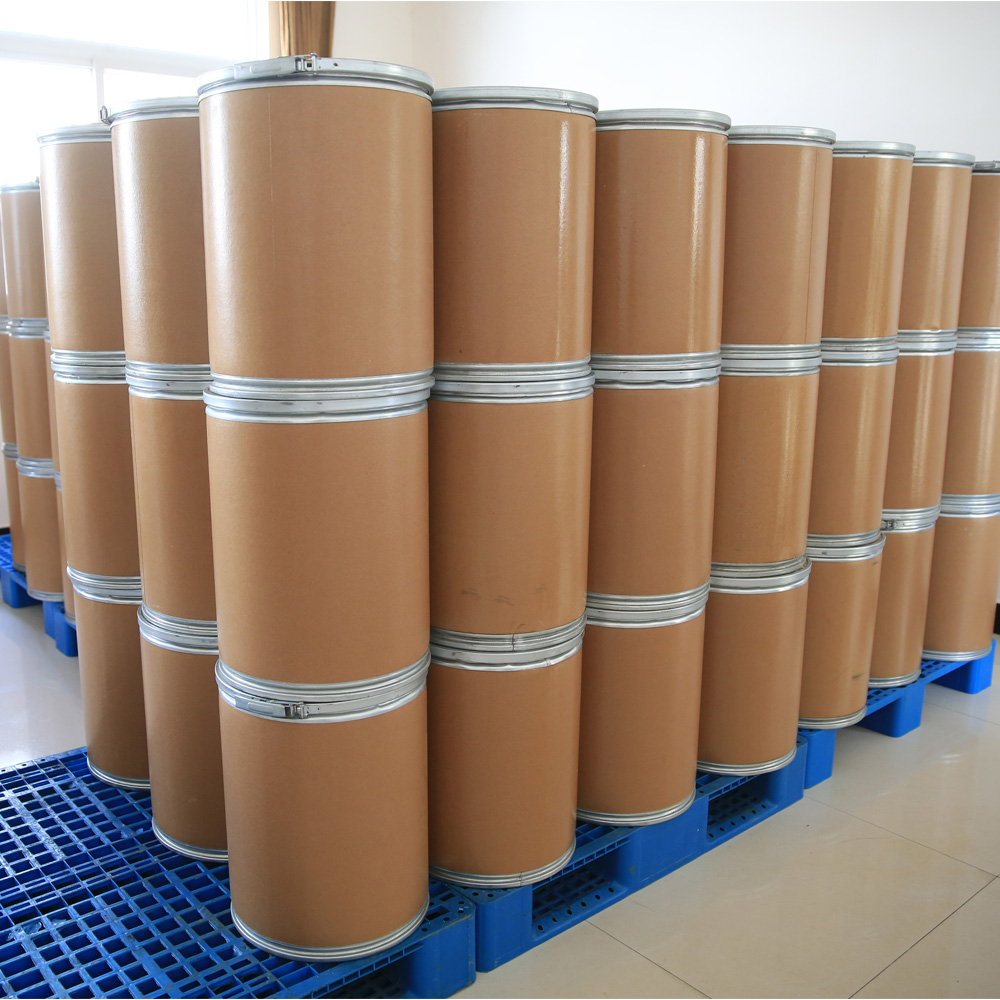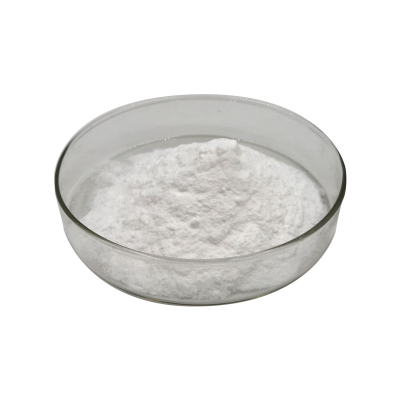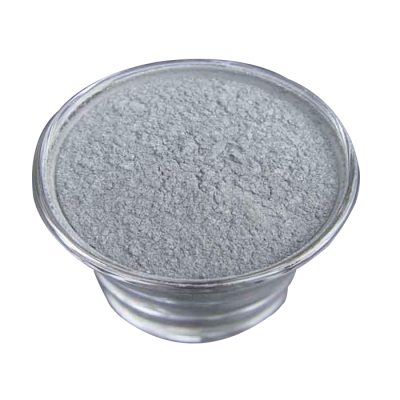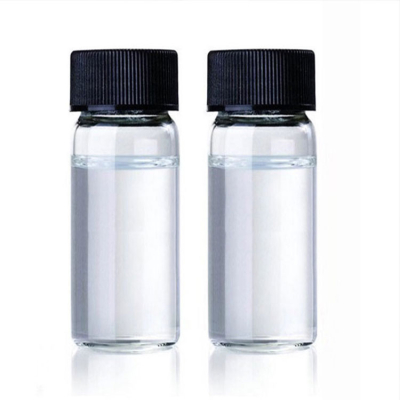Carnitine CAS#541-15-1
Carnitine CAS#541-15-1 Promotion Season Now in Store and Free Sample for Testing with Factory Price
Chemical Name:Carnitine
CAS No.:541-15-1
Molecular Formula:C7H15NO3
Molecular weight:161.2
Sample: Available
Mode of Transportation
1. By Air, fast but expensive.
2. By Sea, usual and economy.
3. By Train, suit for middle Asia countries.
4. By Express, suit for small package.
We only provide highest quality goods available, accompanied by after support!
Products Description of Carnitine CAS#541-15-1
Carnitine is a type of B vitamins. Its structure resembles amino acids, so some people classify it as amino acids. Its main function is to help transport long-chain fatty acids to provide energy. This can prevent fat from accumulating in the heart, liver and skeletal muscle. Artificially synthesized carnitine has three forms: L-isomer, D-isomer and racemate, and L-carnitine has the best effect. L-carnitine is a compound with multiple physiologically active functions. Its main function is to promote β-oxidation of fatty acids; it can also regulate the acyl ratio in mitochondria and affect energy metabolism; L-carnitine can participate in the transport of branched-chain amino acid metabolites, thereby promoting the normal metabolism of branched-chain amino acids. In addition, L-carnitine plays a role in the elimination and utilization of ketone bodies, and can be used as a biological antioxidant to scavenge free radicals, maintain membrane stability, and improve animal immunity and disease resistance and stress resistance. Recent studies have shown that L-carnitine and acetyl-L-carnitine play an important carrier role in the energy metabolism in sperm mitochondria, can scavenge ROS, and protect sperm membrane function. Oral administration of L-carnitine and acetyl-L-carnitine can increase the total number of forward-moving sperm and total number of motile sperm in patients with oligospermia and asthenozoospermia, and improve the clinical pregnancy rate of women. It is safe and effective. Clinical experimental studies at home and abroad have shown that carnitine treatment of male infertility is a new breakthrough in the field of male infertility drug treatment in recent years. In-depth research is very necessary to further clarify its mechanism of action and clarify its indications.
L-carnitine Chemical Properties
Melting point | 197-212 °C(lit.) |
-31 º (c=10, H2O) | |
Boiling point | 287.5°C (rough estimate) |
density | 0.64 g/cm3 |
refractive index | -32 ° (C=1, H2O) |
storage temp. | Store below +30°C. |
solubility | H2O: 0.1 g/mL at 20 °C, clear, colorless |
form | Crystals or Crystalline Powder |
pka | 3.80(at 25℃) |
color | White |
PH | 6.5-8.5 (50g/l, H2O) |
Water Solubility | 2500 g/L (20 ºC) |
Merck | 14,1849 |
BRN | 4292315 |
Stability: | Hygroscopic |
InChIKey | PHIQHXFUZVPYII-ZCFIWIBFSA-N |
LogP | -5.48 at 20℃ |
CAS DataBase Reference | 541-15-1(CAS DataBase Reference) |
Safety Information
Hazard Codes | Xi |
Risk Statements | 36/37/38 |
Safety Statements | 26-36-37/39 |
WGK Germany | 3 |
RTECS | BP2980000 |
F | 3-10 |
Autoignition Temperature | >365 °C |
Hazard Note | Irritant |
HS Code | 29239000 |
Hazardous Substances Data | 541-15-1(Hazardous Substances Data) |
Toxicity | LD50 orally in Rabbit: > 5000 mg/kg |
Product Application of Carnitine CAS#541-15-1
L-Carnitine is a newly approved animal nutrition enhancer in my country. It is mainly used to enhance protein-based additives and promote the absorption and utilization of fat. D-type and DL-type have no nutritional value. The usage is 70-90mg/kg. (In terms of L-carnitine, 1g tartrate is equivalent to 0.68g L-carnitine). L-Carnitine is a newly approved food enhancer in my country. It is mainly used to enhance soy-based infant food and promote the absorption and utilization of fat. D-type and DL-type have no nutritional value. my country stipulates that it can be used in biscuits, drinking liquids and milk drinks, with a usage of 600~3000mg/kg; in solid beverages, drinking liquids and capsules, the usage is 250~600mg/kg; in milk powder, the usage is 300~400mg/kg; in infant formula, the usage is 70~90mg/kg (in terms of L-carnitine, 1g tartrate is equivalent to 0.68g L-carnitine). Used in medicines, nutritional supplements, functional drinks, feed additives, etc. It can promote the oxidation of fatty acids in mitochondria and achieve other biochemical functions, including acetyl buffering energy and maintaining sufficient concentration of coenzyme A in mitochondria under anaerobic energy production, stimulating the circulation of tricarboxylic acid and stimulating ATP output from mitochondria under sustained muscle exercise. Used for healthy growth of animals. Appetite enhancer.
Factory and Equipment Show


Fast delivery time
Inventory 2-3 working days New production 7-10 working days
